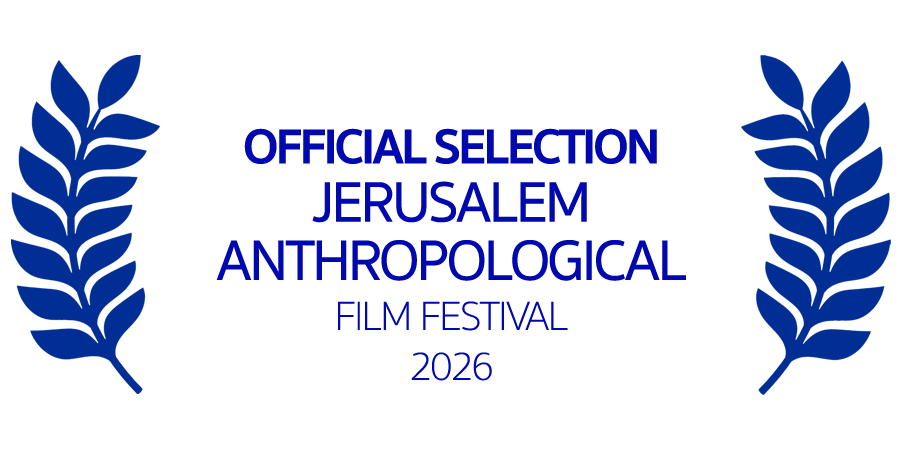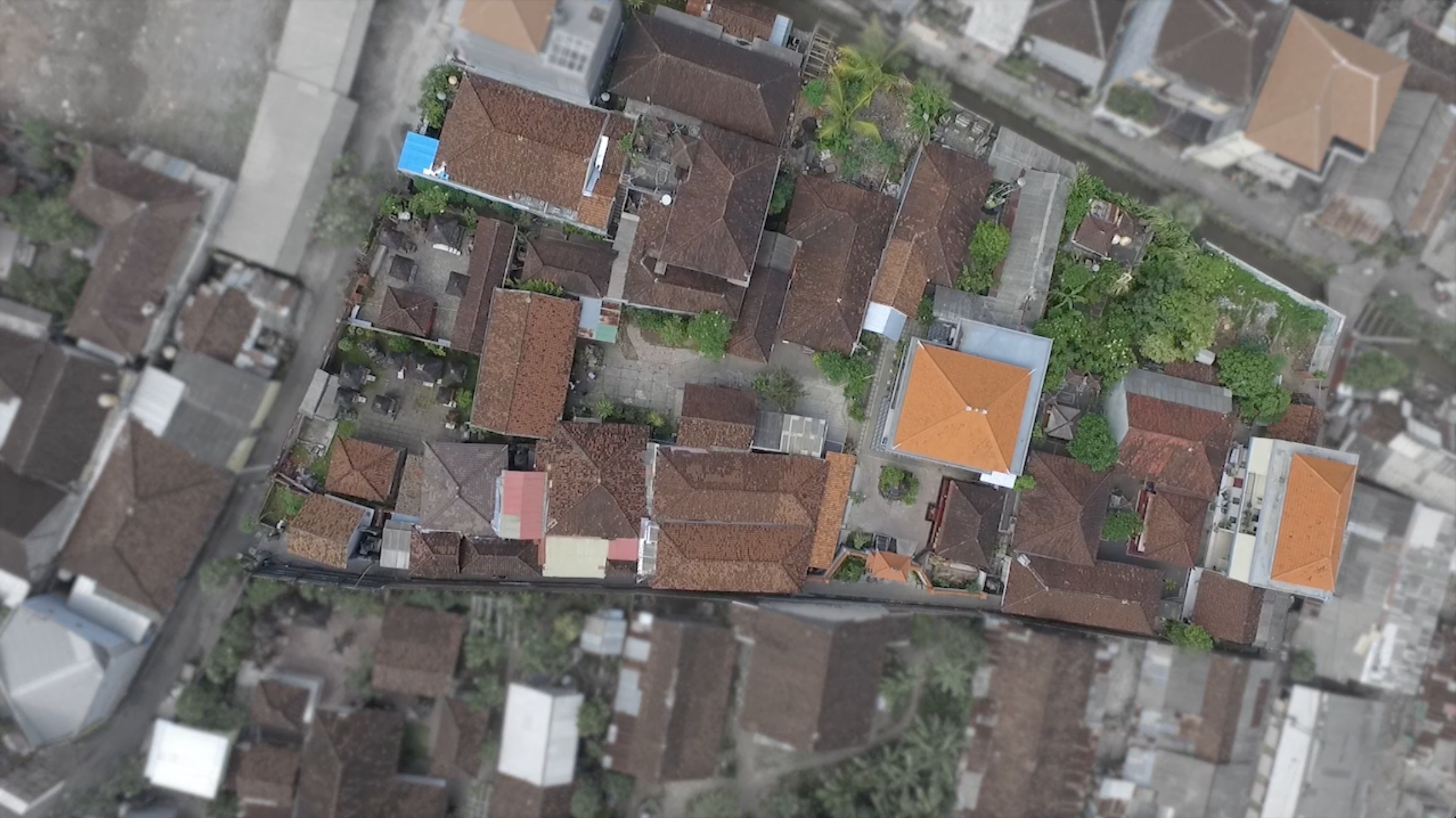TRAILER
A DIVIDED FAMILY. A DEEPLY TROUBLED LIFE. Can even the most tragic losses be integrated into cultural systems of collective meaning making?
(80 min)
Since childhood, Ketut Sudirta has lived with severe mental illness. His tumultuous adulthood is shaped by episodes of instability and violence: he wanders the streets, violently attacks his half-sister, is incarcerated and hospitalized, and questions his own existence. Ketut is also a fond friend and family member who tries to live a fruitful life, and participates in an ambitious healing process to address and redress the wrongs of which he seems a part.
A Balinese family compound grapples with severe mental illness, violence, and suicide.
This longitudinal ethnographic film is shot and narrated by Ketut’s childhood friend and explores the grief, concern, and culturally-informed meaning-making surrounding a deeply troubled life.
Featuring
KETUT SUDIRTA
PUTU ARIANA, Ketut and Kadek’s brother
GURU MANGKU, spiritual teacher
OTHER PARTICIPANTS
MADE KERTI, Ketut’s Aunt
PAK GELGEL, Panti Family Elder
WAYAN SUKADANI, Ketut’s Uncle
PAK NYOMAN, Ketut’s wife
IBU NYOMAN NURYATI, Ketut’s cousin’s wife
AGUS SAKA, Ibu Nyoman and Pak Ketut’s son, Ketut’s cousin
SULASMI, community health workers
MARTAMI, community health workers
BIANG, Guru’s wife
NI MADE ARTINI, Ketut’s cousin
NYOMAN PADU, police inspector
DEDICATED TO
Ni Kadek Narwi, Ketut’s half sister
INTERVIEWERS
Indra Kusuma, Co-producer
Mahar Agusno, Psychiatrist
Ninik Supartini, Field Producer
SOUNDTRACK
Malcolm Cross
Music Composer
Malcolm Cross studied music performance and composition in London at the Guildhall School of Music and Drama. He also completed additional postgraduate studies in Jazz and Studio Music. Malcolm’s past work includes original film scores for “Insomniac Obsessions,” “Oh Saigon,” “I Dream of Dog,” and “The Grey”.
Richard Henderson
Music Editor
Richard Henderson attended S.U.N.Y. Buffalo in the late 70’s and studied film history. Richard’s vibrant career path led him to work as a music editor and music supervisor on such acclaimed films like “Borat,” “The Life Aquatic,” and “Into the Wild,” which won him the Golden Reel Award.
FILMMAKERS
Robert Lemelson, Director
Robert Lemelson
Director
Robert Lemelson is a cultural anthropologist, ethnographic filmmaker and philanthropist. Lemelson received his M.A. from the University of Chicago and Ph.D. from the Department of Anthropology at the University of California Los Angeles. Lemelson’s area of specialty is transcultural psychiatry; Southeast Asian Studies, particularly Indonesia; and psychological and medical anthropology. He currently is a research anthropologist in the Semel Institute of Neuroscience UCLA, and an adjunct professor of Anthropology at UCLA.
Indra Kusuma
CO-PRODUCER AND NARRATOR
Indra Kusuma is a field producer, cinematographer, and artist from Bali.
Chisako Yokoyama
editor
Chisako Yokoyama has worked as an editor and assistant editor on studio motion pictures, independent features and narrative and documentary films. Her credits as editor include the English and Japanese language films “Saki,” “Takamine” and “Goemon” and as first assistant editor, “American Gangster”, “Memoirs of a Geisha”, “Black Hawk Down”, “Gladiator”, and “Good Will Hunting.” She’s worked on ethnographic documentaries “Standing on the Edge of a Thorn”, “Bitter Honey”, and more for Elemental Productions.
annie tucker
CO-PRODUCER
Annie Tucker is a translator, writer, and educator specializing in contemporary Indonesian culture, literature, arts, and health. She received her PhD from UCLA’s Department of World Arts and Cultures. She is an adjunct lecturer for UCLA’s Disability Studies minor and a writer for Elemental Productions.
Ninik Supartini
Field Supervisor
Ninik Supartini assisted Dr. Lemelson in two research projects about community mental health in Java and Bali. Since 2006, Supartini has served as a mental health and psychosocial consultant for international humanitarian organizations working in post-disaster and conflict areas in Indonesia and Myanmar.
Balinese Family Compounds
“Balinese familes are typically multi-gnerational. All the male children are allowed to live in the family housing compound even after growing up and starting their own families. The housing compounds usually have attached family temples. Ketut’s family is very big. Currently there are 10 extended families living in one complex.” -Indra Kusuma





























